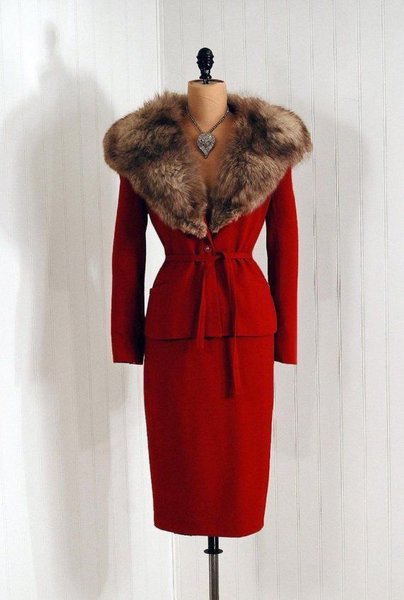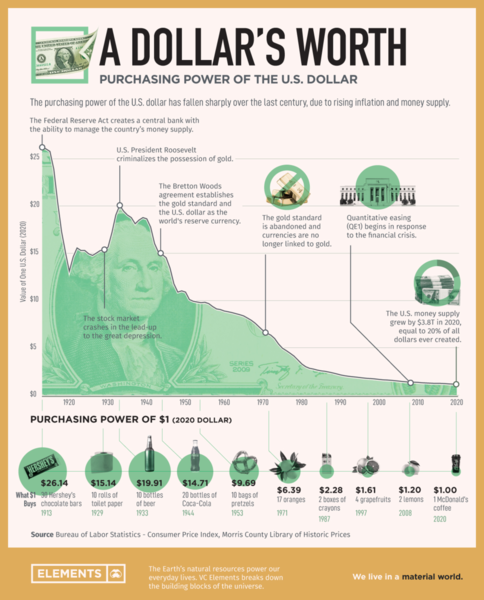Nigel Scott-Williams
Active Member
- Joined
- Jul 31, 2017
- Messages
- 40
- Reaction score
- 62
I've resorted to buying dress shirts online from Olymp (always buy them when actually in Europe) and Charles Tyrrwhit, both because of quality and both do Extra or Super Slim fits so one doesn't look like a 'box' from JC Penney!I haven’t purchased a pair of Alden shoes in a while, but the two pair I have, both shell cordovan and both purchased several years ago, are high quality.
I have basically stopped buying dress shirts from any of the sources i formerly relied on because the quality of fabrics and construction of made to measure has raised the bar too high - and they’re competitively priced compared to, say, Brooks Brothers’ ‘original polo’ revivals.
I’m not spending money on really nice suits these days because I rarely wear suits, but I’m happy that the older suits and blazers I have will probably take me into retirement as a result. They’re from Oxxford, Ermenogildo Zegna, Arthur Fox, Brooks, Corneliani. It’s true that Brooks Brothers’ suits, dollar for dollar, are a shadow of what they used to sell.
There are still high quality suits available if you’re willing to pay for them.











